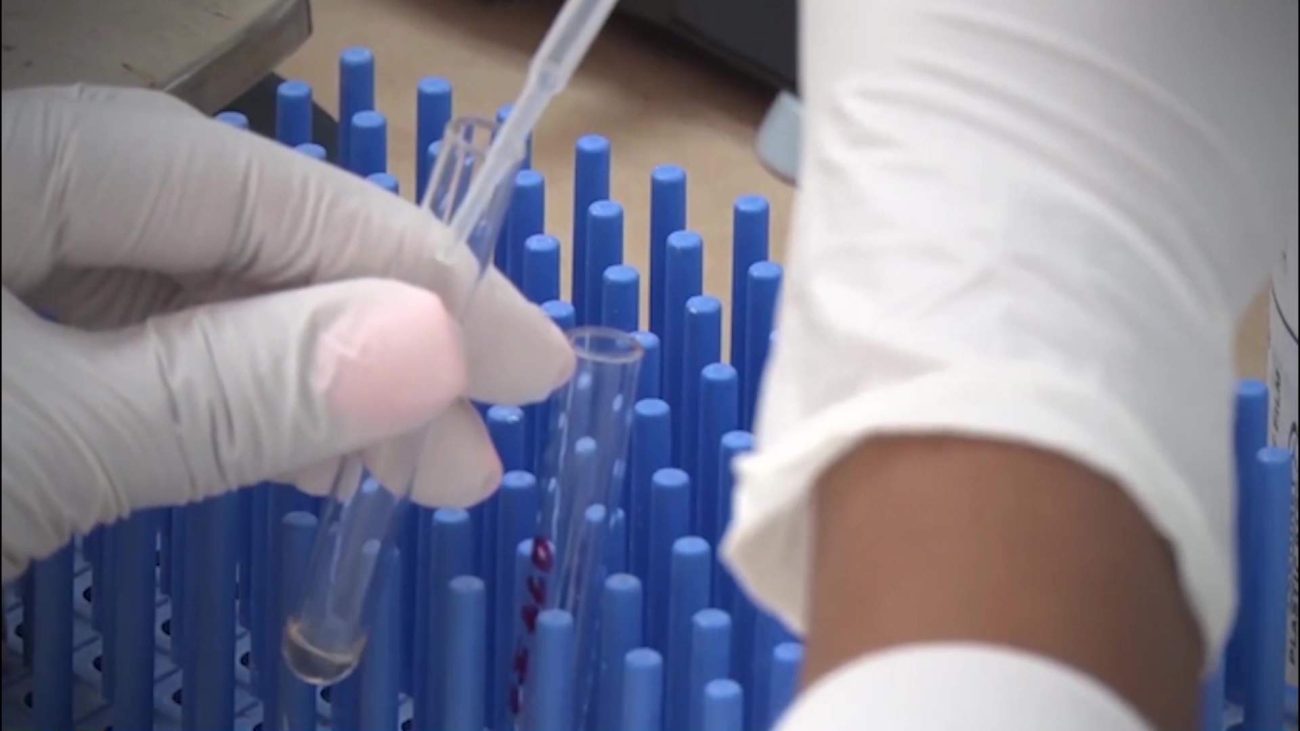House Passes DNA Bill Amid Privacy Concerns
Belize is one big step closer to using DNA in the fight against crime. The House of Representatives has passed the DNA Bill, a powerful new tool for investigators. The new law will set up a National DNA Database to help solve crimes, prosecute offenders, and even identify missing persons. Sounds like significant progress, right? Well, not everyone is cheering without reservations. The Opposition supports the bill but raised red flags. Opposition Leader Tracy Panton warned that some sections could give police too much power, like forcibly collecting DNA without proper safeguards. That, she says, opens the door to coercion and abuse. Government, on the other hand, insists the system is tightly controlled and any DNA collection will need court approval. So, is this a breakthrough or a cause for concern? Here’s how both sides made their case.

Tracy Taegar-Panton
Tracy Taegar-Panton, Leader of the Opposition
“First, we want to caution Madam Speaker on the DNA collection without the proper safeguards under Section twenty-one and twenty-eight of this bill. Madam Speaker, police may apply ex parte and use force to extract DNA from a suspect. This is extreme power and it opens the door to coercion, intimidation, and abuse, especially Madam Speaker against the poor, the young and the vulnerable. And so we asked Madam Speaker that these two sections that the government takes a closer look at these two sections of the bill.”

Kareem Musa
Kareem Musa, Former Home Affairs Minister
“There is a very meticulous and rigorous process that has to be followed in order for, uh, DNA sample to be taken from an individual. And that is outlined at section twenty-two where it states, and this obviously has to go before a court. So it’s not like the police on their own can decide, oh, I’m picking up suspect and just taking their DNA sample. That’s not the case. Under section twenty-two, it states a magistrate who on an application under section twenty-one, is satisfied by information on oath and that there are reasonable grounds to believe. And here are the criteria, A, that an offense has been committed. So first of all, you have to satisfy a magistrate that a crime actually took place. B, that a bodily sample has been recovered from a crime scene C, that the suspect was a party to the offense. And so preliminary information has to be preferred to the magistrate to suggest that in fact, the suspect that the police are seeking a DNA sample from that they are a suspect and a party to that offense.”






Facebook Comments